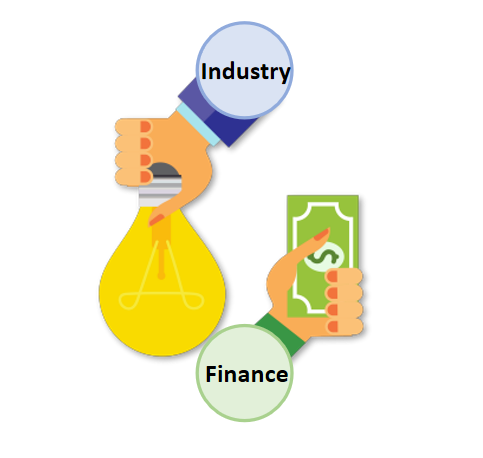Saudi Aramco swears by long-term potential in Chinese market
Saudi Aramco, the world's largest oil exporter, said it is fairly optimistic about China's long-term growth potential and the abundant opportunities arising from the country's focus on high-quality development.
The company will continue supporting China's long-term energy security and economic growth, eyeing greater investment and cooperation opportunities, said Mohammed Y. Al Qahtani, Aramco's downstream president.
"At Aramco, we seek to expand our integrated operations in downstream in high-growth economies like China, which, undoubtedly, holds strategic importance for the growth of Aramco's businesses in Asia and worldwide," he said.
"Over the years, the company has intensified its efforts in order to meet China's energy needs. We have supplied nearly 1.8 million barrels per day of crude oil to China, in addition to new low-carbon products, chemicals and other materials.
"Aramco is one of the most prominent direct investors in China and our role goes beyond investment. We aspire to be a key partner in China's economic development journey, leveraging new opportunities on the horizon," he said.
The multinational corporation's continuous expansion of its presence in China is a clear rebuttal of the "overcapacity" narrative that some Western countries are trying to propagate, said an analyst.
Luo Zuoxian, head of intelligence and research at the Sinopec Economics and Development Research Institute, said MNCs' expansion in China, especially in the energy sector, is proof that China's development is an opportunity, not a risk, for foreign companies.
MNCs in the chemicals industry such as Aramco have been continuing to prioritize downstream assets in the country, with chemical product demand on course to grow along with economic recovery, he said.
Upbeat about the Chinese market, more than 12,000 foreign-invested companies started operations in China in the first quarter, up 20.7 percent year-on-year, with their actual investment amounting to 301.67 billion yuan ($41.8 billion), up 41.7 percent compared to the fourth quarter of 2023, statistics from the Ministry of Commerce showed.
According to Al Qahtani, China remains central to Aramco's strategy to diversify its portfolio into more specialized and high-value chemical products.
Aramco's investment projects in China have made significant progress in recent years. The recent acquisition of a 10 percent stake in Rongsheng Petrochemicals last year is worth $3.4 billion, and the 30 percent stake in its joint venture Huajin Aramco Petrochemicals Co — an integrated refinery and petrochemical complex in Panjin, Liaoning province — is valued at $11.8 billion.
China is currently a powerhouse representing 40 percent of global chemical product sales. Eyeing potential opportunities, Sabic, one of the world's leading chemical players in which Aramco is a major shareholder, announced its decision to invest $6.4 billion in the Sabic Fujian Petrochemicals Complex project, making it the largest foreign investment in Fujian province.
"These strategic partnerships will significantly strengthen our presence in the downstream sector in China and support our goal of locating new avenues for growth," said Al Qahtani.
"Collaboration with Chinese partners provides win-win opportunities for multinational corporations like Aramco."
Saudi Arabia's energy minister said during the Boao Forum for Asia conference in Riyadh that the country is willing to further cooperate with China to promote global energy transition.
Amid China's sharpening focus on developing new quality productive forces and promoting high-quality development, Aramco is looking at other key areas where win-win investment and cooperation opportunities are expected to be enormous, including chemicals, advanced composites and non-metallics, said Al Qahtani.
"In line with Saudi Vision 2030 as well as the Belt and Road Initiative, we expect additional investments and an enhanced presence to meet the demand for refined products, chemicals and lubricants. This also includes entering into new partnerships in logistics, procurement and supply chain, among other areas of investment," he said.























































First, please LoginComment After ~